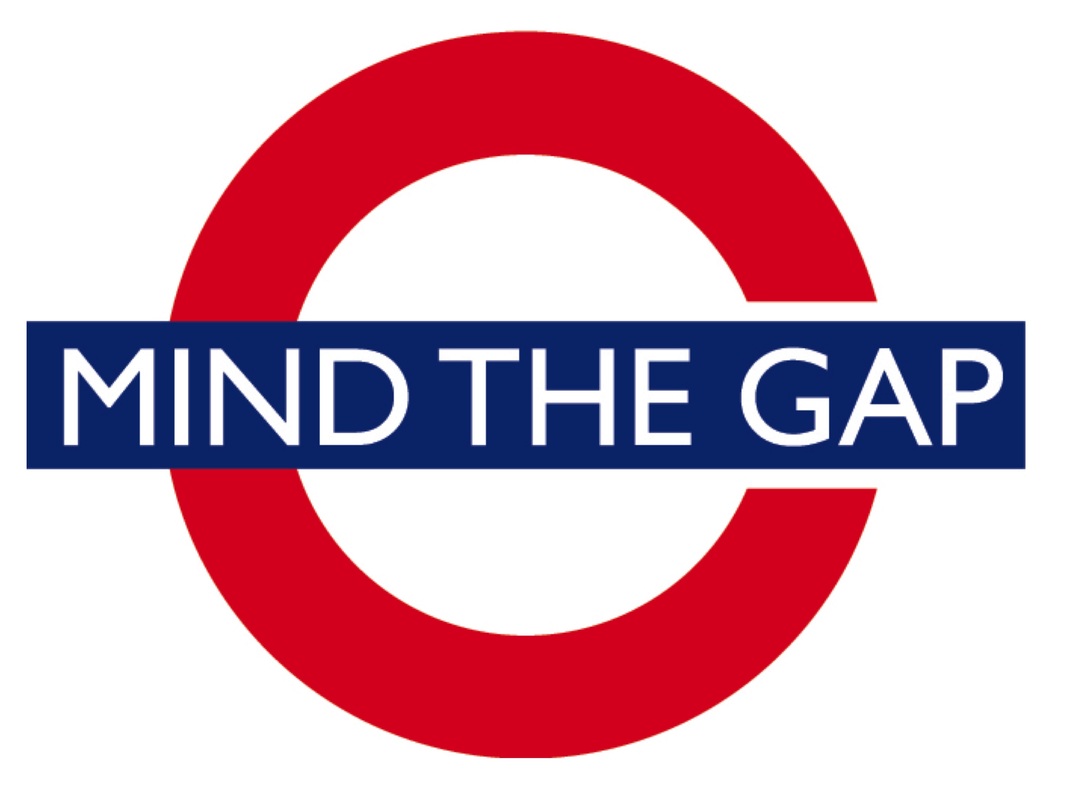|
I first saw the phrase "Please Mind the Gap" on the platform of a London subway warning about the gap between platform and train. I came across this description of the “tragic gap” in my reading of Parker Palmer's book, “A Hidden Wholeness.” Holding the tension between the inner and outer life, between reality and hope, between now and then is what I aspire to and fall short of.
And now I find relief in T.S. Elliot’s “East Coker V” particularly the last line…. The rest is not our business which seems to me to be pure gospel. PALMER: The insight at the heart of nonviolence is that we live in a tragic gap-a gap between the way things are and the way we know they might be. It is a gap that never has been and never will be closed. If we want to live nonviolent lives, we must learn to stand in the tragic gap, faithfully holding the tension between reality and possibility. I harbor no illusions about how hard it is to live that way. Though I aspire to be one of those life-giving people who keeps a grip on both reality and hope, I often find that tension too hard to hold--so I let go of one pole and collapse into the other. Sometimes I resign myself to things as they are, sinking into a life of cynical disengagement. Sometimes I embrace a dreamy idealism, living a life of cheerful irresponsibility that floats above the fray. ELLIOT: There is only the fight to recover what has been lost And found and lost again and again: and now, under conditions That seem unpropitious. But perhaps neither gain nor loss. For us, there is only the trying. The rest is not our business. ____________________ (I had to look it up too: unpropitious |ˌənprəˈpi sh əs| adjective (of a circumstance) not giving or indicating a good chance of success.)
0 Comments
Leave a Reply. |
Notes for the WayThis is a space for Journey Guides to post "field notes" and observations along the path. Archives
May 2022
Categories |
- HOME
- OFFERINGS
- ALLIES
- JOURNEY
- Musings
-
Resources
- The Journey Guide (IL4M)
- Journey Field Guide 2024
- Cultivating a Rule of Life
- Theory U: Overview
- IL4M - A Season of Discernment
- March 2020 Purposeful Leadership in Disruptive Times
- May 2020 Purposeful Leadership in Disruptive Times
- Spring 2020 The Journey of Grief Learning Platform
- Practices
- Emerging Social Technologies
- CONNECT
- MARKETPLACE
© 2024 ALLIESONTHEJOURNEY.COM ALL RIGHTS RESERVED


 RSS Feed
RSS Feed